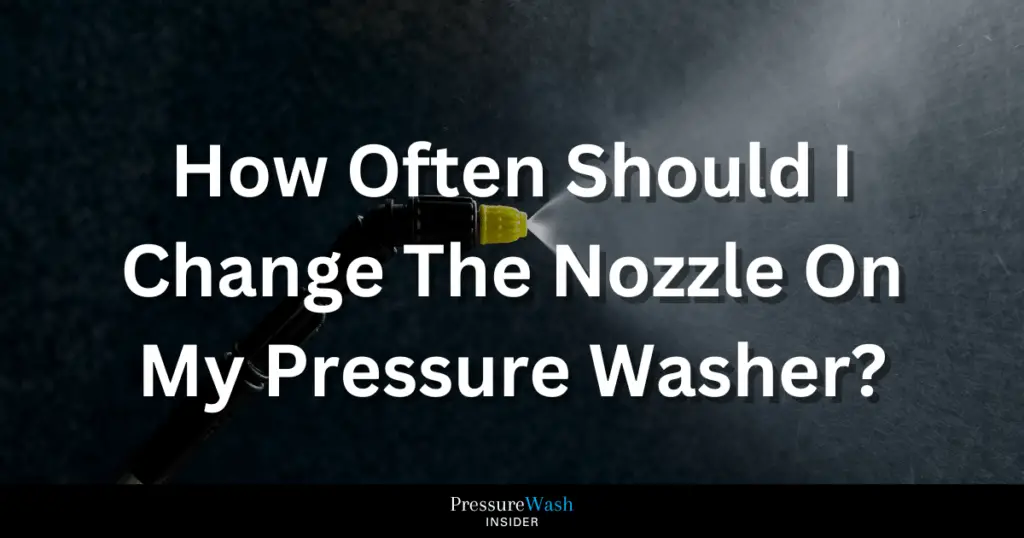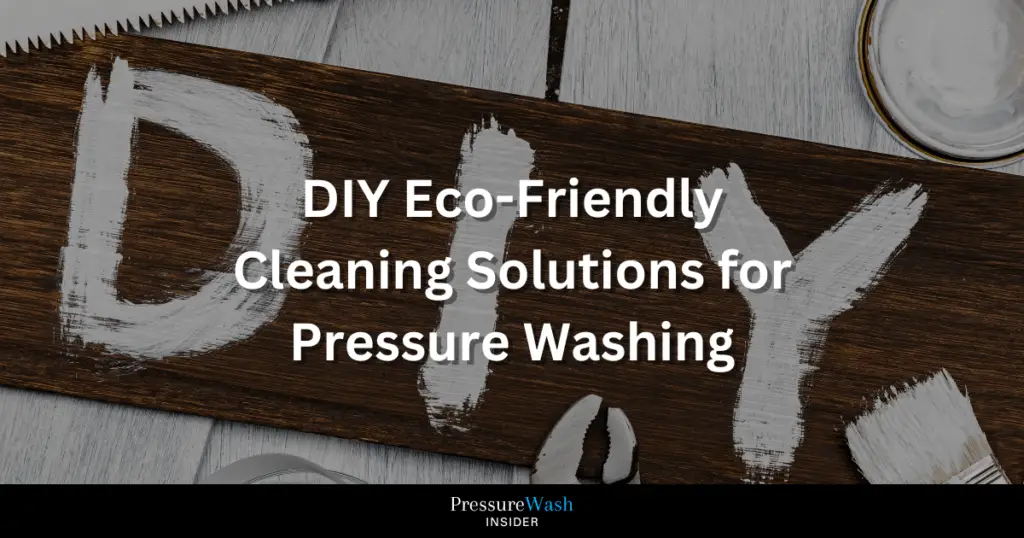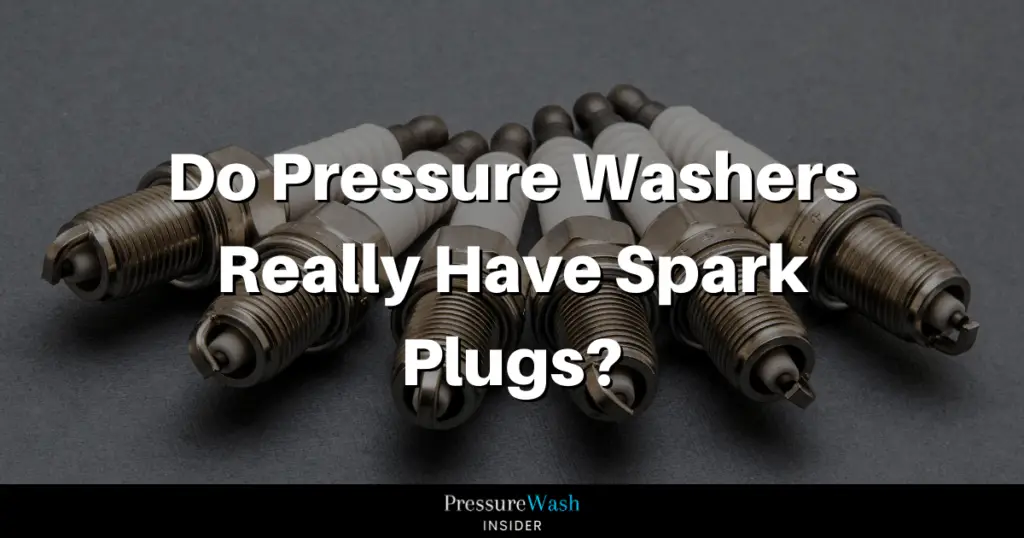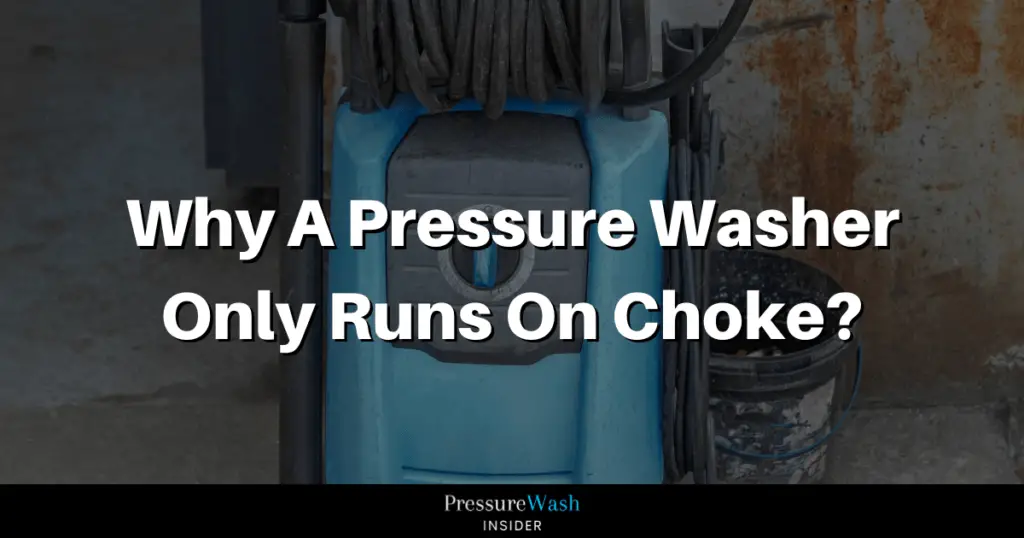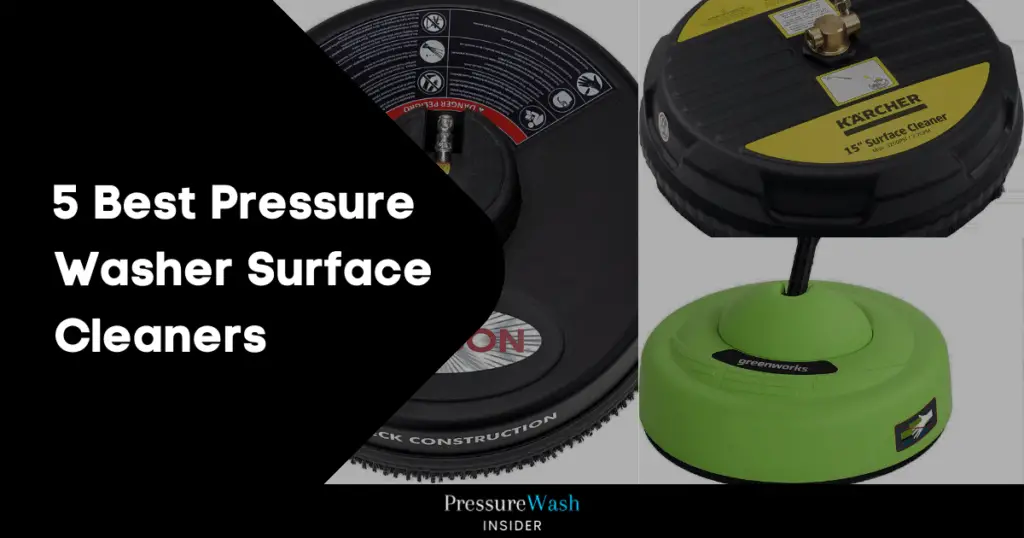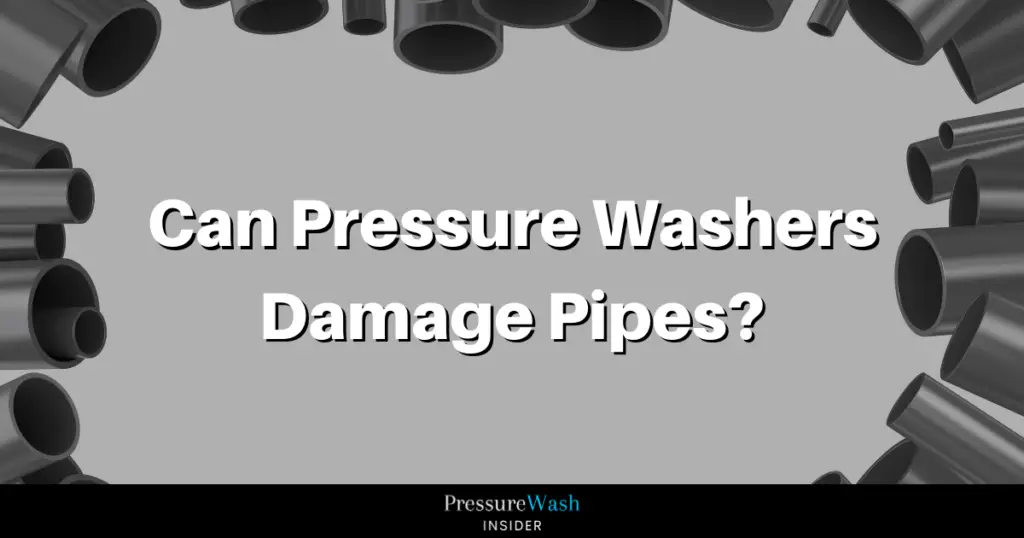Pressure washer pumps are a crucial component of any pressure washing system. They are responsible for generating the high-pressure water stream that effectively cleans various surfaces.
Whether you’re a professional cleaner or a homeowner who loves tackling tough cleaning tasks, understanding the reasons why pressure washer pumps fail can help you prevent costly repairs and ensure the longevity of your machine.

Importance of Maintaining Pressure Washer Pumps
Regular maintenance of your pressure washer pump is essential to keep it running smoothly and efficiently. Neglecting maintenance can lead to pump failure, which not only disrupts your cleaning projects but also adds to your expenses.
By taking the time to care for your pressure washer pump, you can extend its lifespan and avoid the frustration of unexpected breakdowns.
Common Reasons Why Pressure Washer Pumps Fail
Lack of Oil
One of the primary reasons pressure washer pumps fail is due to a lack of oil. The pump relies on oil for lubrication, cooling, and preventing corrosion.
If the oil level is too low or the oil becomes dirty over time, it can lead to excessive friction and wear on the pump’s components. Regularly checking the oil level and replacing it when necessary is crucial to prevent pump failure.
Incorrect Nozzle
Using the wrong nozzle for the cleaning task at hand is also one of the reasons why pressure washer pumps fail can put excessive strain on the pressure washer pump. Each nozzle has a specific spray pattern and a pressure rating that is suitable for different surfaces.
Using a nozzle with too narrow of a spray angle or a higher pressure rating than needed can cause the pump to work harder than necessary, leading to premature failure. It is important to select the appropriate nozzle for each job to ensure the pump operates within its designed limits.
Lack of Proper Maintenance and Cleaning
Proper maintenance and cleaning are vital to the longevity of your pressure washer pump. Over time, dirt, debris, and mineral deposits can accumulate inside the pump, hampering its performance and potentially causing damage.
Regularly inspecting and cleaning the pump, as well as following the manufacturer’s recommended maintenance schedule will help prevent blockages and keep the pump running smoothly.
Overheating and Excessive Use
Using a pressure washer for prolonged periods without giving the pump time to cool down can lead to overheating and pump failure.
The pump’s components can become damaged due to excessive heat, causing a decrease in performance or complete failure.
It is important to take breaks during extended cleaning sessions to allow the pump to cool down and prevent overheating.
Incorrect Pressure Washer Pump Selection
Choosing the wrong pressure washer pump for your specific needs can also lead to premature failure.
Different pressure washer pumps have varying power and pressure ratings, and selecting one that is not suitable for your intended use can cause the pump to work harder than necessary, leading to increased wear and potential failure.
It is essential to carefully consider your cleaning requirements and choose a pump that matches your needs.
Poor Water Quality and Debris Clogging
Water quality plays a significant role in the performance and lifespan of a pressure washer pump. Hard water, which contains high levels of minerals, can lead to the formation of deposits inside the pump, resulting in clogs and reduced efficiency.
Additionally, using water from a contaminated source with debris or sediment can cause blockages and damage to the pump. Using a water filter or ensuring a clean water supply will help prevent these issues and prolong the life of your pump.
Here’s a guide on Pressure Washer Troubleshooting.
Conclusion
Anyone using this equipment (pressure washer) for cleaning needs to have some knowledge about the reasons why pressure washer pumps fail. That will help you to save a lot of money on repairs and maintenance. You should have an idea of the working mechanism of a pump, its maintenance, etc.
Remember to regularly check the oil level, clean and inspect the pump, allow for cooling breaks during extended use, and use clean water to optimize the performance and lifespan of your pressure washer pump. By following these guidelines, you can keep your pressure washer running smoothly and efficiently for years to come.
Don’t put off replacing your pressure washer pump! Take the necessary steps to properly maintain it and avoid costly repairs. Invest in regular maintenance, use the proper nozzle, and select the appropriate pump for your needs. Years of dependable service will be provided by your pressure washer pump.
How Often Should You Replace the Nozzle on Your Pressure Washer?
As a proud owner of a pressure washer, you understand the importance of regular maintenance…
DIY Eco-Friendly Cleaning Solutions for Pressure Washing
In today’s world, where environmental consciousness is on the rise, finding eco-friendly alternatives to everyday…
Do Pressure Washers Really Have Spark Plugs?
Pressure washers are powerful tools that use high-pressure water to clean various surfaces. They are…
Why A Pressure Washer Only Runs On Choke?
As a seasoned pressure washer user, I have come across various issues that can be…
5 Best Pressure Washer Surface Cleaners: Keeping Your Surfaces Gleaming Clean!
Welcome to the ultimate guide on the best pressure washer surface cleaners! If you’re tired…
Can Pressure Washers Damage Pipes?
I have always been concerned about keeping my house looking clean and well-maintained. One of…

